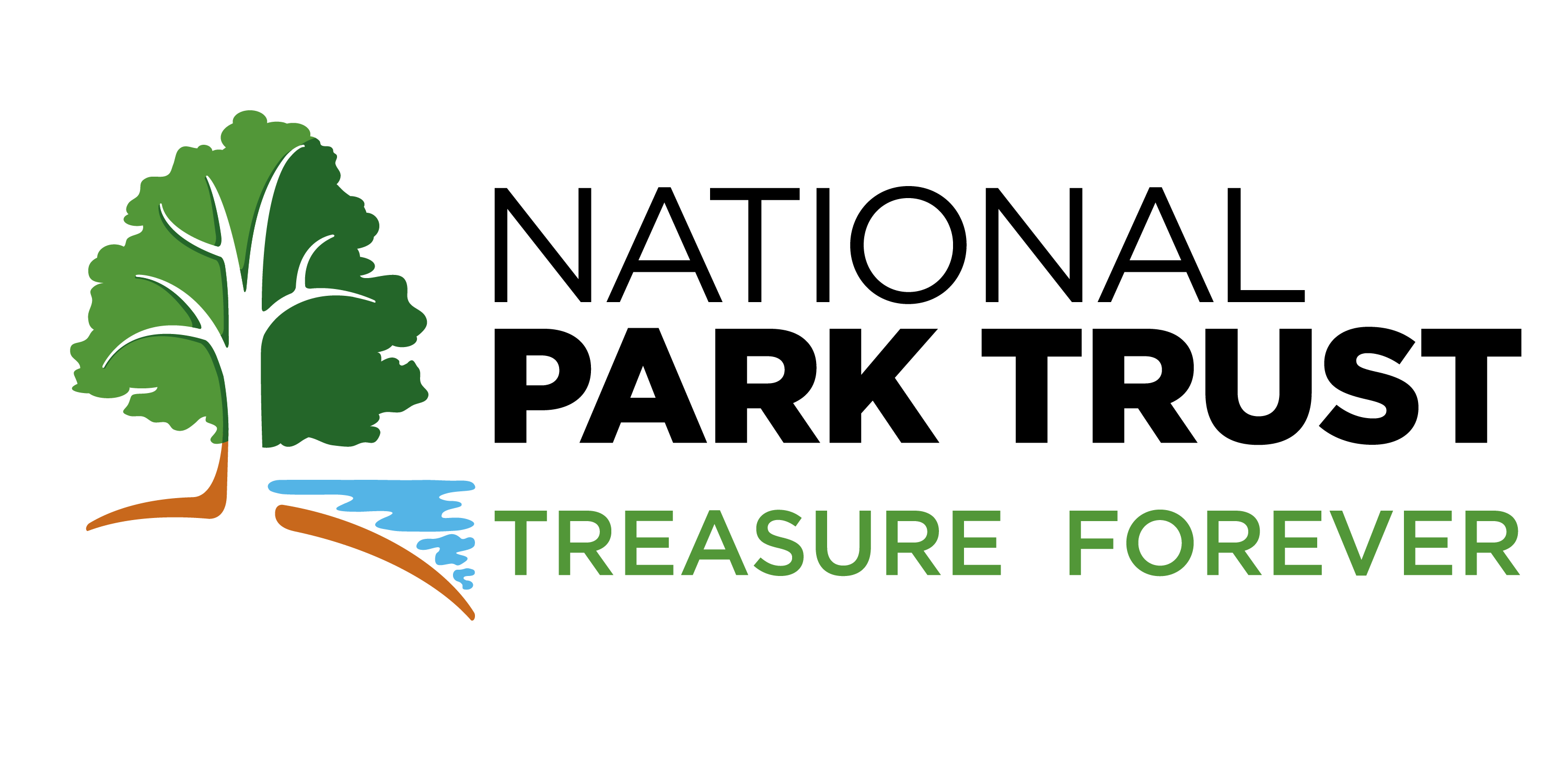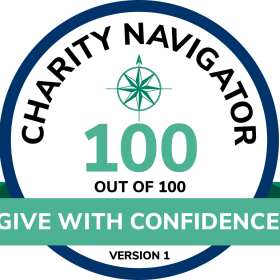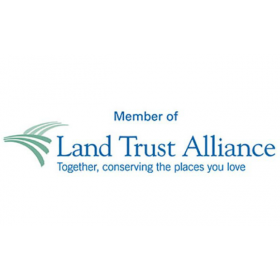Preserve the Dark Night Sky!

This past December I was invited to speak with Ranger Mark Whitefoot, the head interpretive park ranger at US Virgin Islands National Park on the importance of the dark night sky for the animals and their habitat.
The “dark night sky” means the absence of light pollution and the preservation of natural darkness during nighttime. It is important because it allows humans to see the stars, planets, and other celestial objects clearly, and promotes healthier sleep patterns and overall well-being. It also plays a crucial role in the survival and behaviors of nocturnal animals, protects migratory patterns, and contributes to energy conservation and sustainability efforts.
Ranger Mark asked me to speak about why keeping the night skies dark is essential for sea turtles, coral, and migrating birds. Here is an overview of what I said:
Sea Turtles: Sea turtles are incredible creatures that rely on natural light cues, particularly from the moon and stars, to guide them during their nesting and hatching process. When baby sea turtles hatch, they instinctively move toward the brightest light on the horizon, which should be the reflection of the moon on the ocean. However, artificial lights along the coast can confuse them, leading them away from the ocean. The longer the baby turtle is out of the water, the more likely they will be killed by a predator such as raccoons or run over by a car. By preserving a dark night sky, we ensure that sea turtles can follow their natural instincts and safely make their way to the ocean.
Coral: Coral reefs are intricate and delicate ecosystems that thrive in clear, unpolluted waters. Artificial lighting, especially when it shines directly onto the water at night, can disrupt the natural balance of these ecosystems. It interferes with the symbiotic relationship between corals and their photosynthetic algae called zooxanthellae. These algae provide corals with energy through photosynthesis. Excessive light can disrupt this process, leading to stress and bleaching in corals. The coral reef provides shelter and food for many animals. When the coral reef dies, it affects not only the ocean habitat but the food supply of land-dwelling animals, birds, and humans. By minimizing light pollution, we help preserve the health and vitality of coral reefs.
Migrating Birds: Birds, especially those that migrate long distances, rely on natural cues from the night sky to navigate their journeys. They use stars, moonlight, and other celestial cues to orient themselves during migration. Artificial lights can disorient birds, leading them off course or causing them to collide with buildings and structures. This can result in injuries or even death for these migratory birds. Also, light will attract insects which is a food supply that will disrupt their nesting patterns and move south in time to lay their eggs.
Minimizing our impact is quite simple:
- Get shielded lights that angle light down toward the street
- Draw your blinds and curtains at sundown
- Use motion sensors or set outdoor lights on a timer
- Choose warm light options for light bulbs
And the two most fun ways:
- Share information with family and friends
- Learn about astronomy!
I know for some people that the dark night can seem threatening. Choose the light you need to see your way outdoors! You can minimize the impact of a headlamp by putting red cellophane over the light which will protect your eyes and the animals around you.
I hope you better understand now the significance of preserving the dark night sky for the well-being of animals and their habitat. The absence of light pollution helps us to appreciate the beauty of stars, planets, and celestial objects while promoting healthier sleep patterns and overall well-being. It also safeguards the survival and behaviors of nocturnal animals, protects migratory patterns, and contributes to energy conservation and sustainability. We can make a difference through simple actions such as using shielded lights, drawing blinds and curtains at sundown, and choosing warm light options. By doing so, we can minimize our impact and play an active role in preserving and protecting the animals, their habitat, and our own health.







